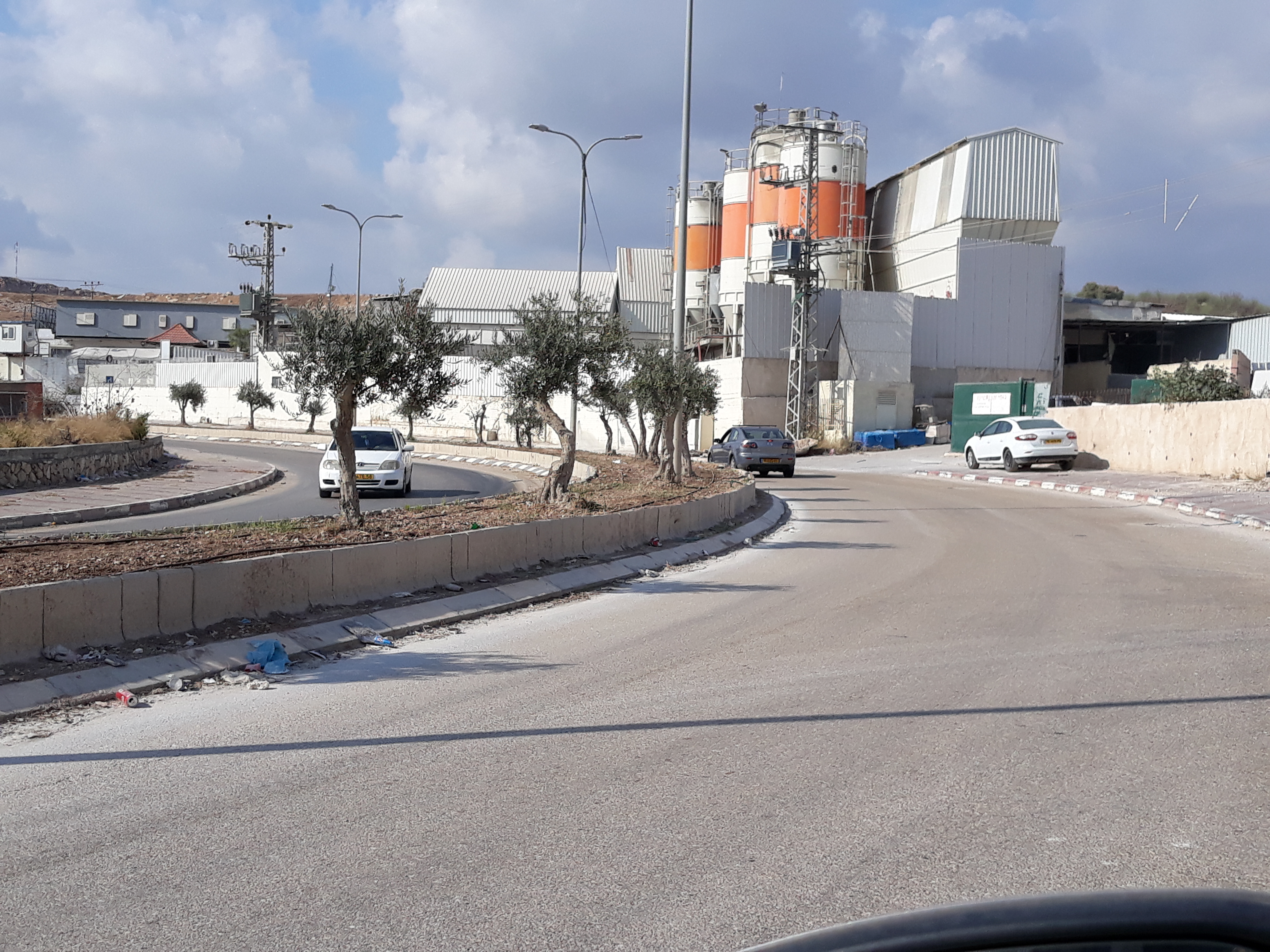
A special meeting was held on Sunday in the municipality of Umm al-Fahm with the participation of the local authorities, the joint list, and civil institutions about the shortage of industrial areas in Arab towns.
The Mossawa Center demands the Ministry of Finance to finance a plan for developing industrial zones worth 472 million shekels in Arab towns. The shortage of industrial zones was discussed on Sunday in a special session that was held in the municipality of Umm al-Fahm with the participation of the Arab Local Authorities Committee and members of the Parliamentary Economic Committee and civil institutions.
The Mossawa Center wrote a working paper on industrial zones in which it revealed a plan drawn up by the Ministry of Industry to develop industrial zones in Arab towns that the Ministry Finance refuses to fund from the state budget. As the ministerial plan includes several areas, the cost of which reaches more than one billion and 92 million shekels. The project consists of many programs assigned to the financial authorities, as detailed below:
-Industrial areas development: Arraba (45 million), Kafr Kanna (20 million), Al-Tira (35 million), Shfar'am (25 million), Al-Taybeh (25 million), Qalansawa (42 million), Nazareth (25 million).
-Evacuation of workshops between houses and neighborhoods from inside the following towns: Kabul, Turan, Ablin, Al-Rayneh, Majd Al-Krum, Yafa Al-Nazareth, Tamra, Kafr Manda, Al-Mashad and Jaljuliya. The Ministry of Industry requested that an amount of 100 million shekels should be allocated for this goal.
-Planning industrial zones in towns that were not covered by previous government decisions: Al-Mazraa, Fasuta, Mi'lia, Kawkab Abu Al-Haija, Deir Al-Assad, Ain Mahal, Kafr Yassif, Kafr Bara, Nahf, and Jisr Al-Zarqa. The cost of this plan, according to the ministry’s plan, is 50 million shekels.
-The joint industrial areas of Manasheh include Umm al-Fahm, Kafr Qara, Manasheh, Tala'a Ara, Arara and Rahat.
Mossawa Center confirmed that the Ministry of Finance is ignoring the program proposed by the Ministry of Economy, despite its importance for Arab local authorities that need sources of income from industrial and commercial areas.
Alya Zoubi, the national advocacy coordinator at the Mossawa Center, added before the session held on Sunday, "We aspire to create a scheme that encourages the transfer of various industries that receive government grants and/or support through tax cuts and to finance structural maps and elaborate on detailed plans to develop industrial zones within Arab towns. In addition to removing barriers and developing strategies to establish industrial zones in the plans that have been formed to date that do not take into account the nature of obstacles in the Arab community, such as the issue of private land ownership. There is a need to secure budgets to cover the expenses of removing these barriers and comprehensive economic planning that take into account not only the industrial areas but also the employment of workers and the appropriate professional qualification for them, taking into account that we live in a dynamic and fast-changing world and that traditional industries are no longer what they used to be. It is also essential to declare central industrial zones in Arab towns as areas of national preference to encourage support, invest money, and allocate individual budgets to attract significant industries to Arab towns, in addition to promoting small businesses, both local and traditional.”

























